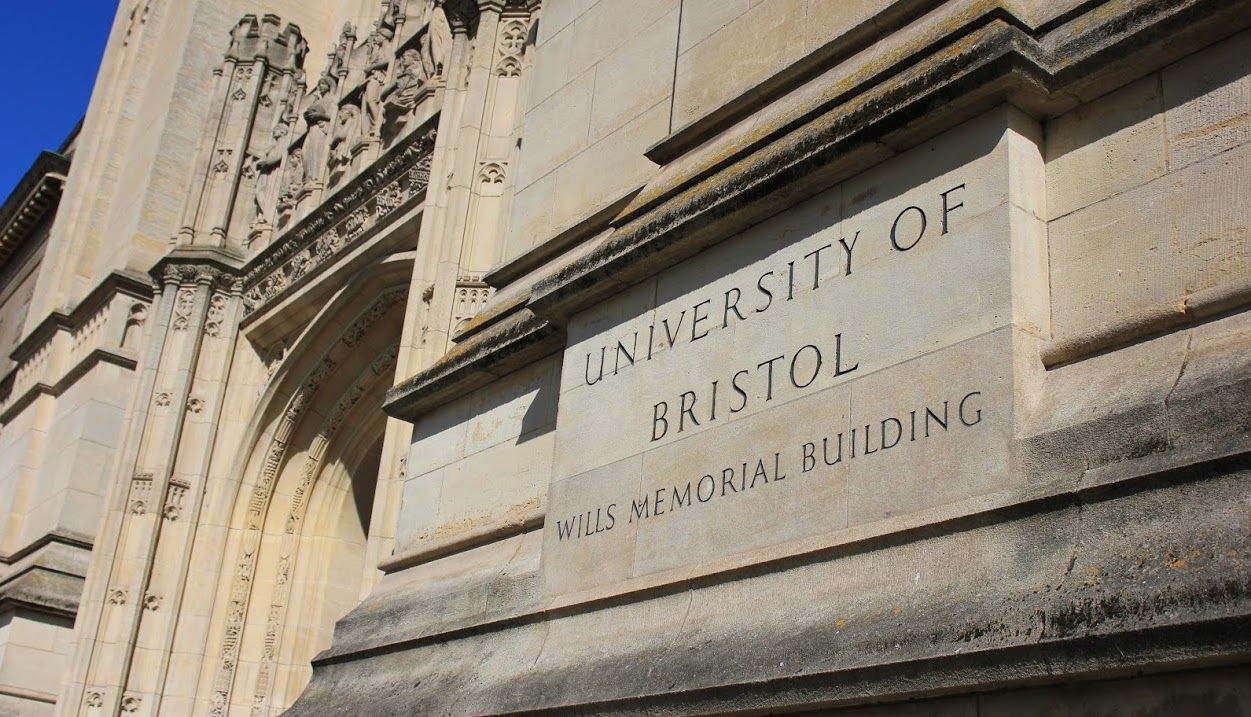By Imogen Horton, News Editor
Students are not thought to be at any increased risk but have been urged to 'be aware of the signs and symptoms'.
Public Health England has been notified that two students from the University of Bristol have been confirmed as having Meningococcal Meningitis Group B infection.
The students are reported to be 'recovering well' in a hospital in Cardiff, with 'their discharge from hospital being arranged'. They will return to their family homes following their discharge from hospital.
.@PHE_uk has just confirmed that two students at @BristolUni are currently in hospital recovering from MenB meningitis: https://t.co/2Jt30af410
— Meningitis Research (@M_R_F) 8 November 2018
Both students are reportedly recovering well. Our helpline is here to support anyone affected or who has concerns following this news. pic.twitter.com/qBYRBlDr96
The University of Bristol is working closely with Public Health England to ensure that necessary action is taken. Those who are very close friends, or share accommodation, with the students in hospital have been offered an antibiotic and vaccination which will decrease chances of the bacteria spreading.
Students in the rest of the University are not considered to be at any increased risk and Public Health England have said that there is 'currently no need to take any specific action or change the university routine for students and staff'. Meningitis Now have also agree that the risk of further cases would be low.
Fiona Neely, Consultant in Health Protection at Public Health England South West, said: 'We understand that there will be concern among students, staff and parents following these cases, and we are following national guidelines in implementing control measures... to reduce spread of infection.'
'We urge students to look out for your housemates as symptoms of meningitis can look a lot like a hangover - so it's important to be vigilant for anything out of character.
'The best advice remains for everyone to be aware of and alert to the signs and symptoms of meningitis and septicaemia, especially students and their parents. Early recognition of meningitis and septicaemia symptoms can greatly improve the outcome of the disease. If anyone is feeling unusually unwell, and displaying the symptoms of meningitis or septicaemia, they should contact their GP surgery immediately or call NHS 111.'
One definite and one probable case of MenB have been confirmed at the University of Bristol. Both students are reported to be recovering well but, as ever, we would urge all students to be aware of the signs and symptoms and to look out for each other https://t.co/RAcSQclKFP
— Meningitis Now (@MeningitisNow) 8 November 2018
Rob Dawson, Head of Support at Meningitis Research Foundation also commented: 'Our thoughts are with the individuals affected. Our free helpline and support service is here to support anyone affected or anyone who may have questions following this news.
'Meningococcal bacteria are transmitted from person to person by close contact with others such as coughing, sneezing, kissing etc. However, usually we have to be in very close or regular contact with someone for the bacteria to pass between us. Even when this happens, most of us will not become ill because we have natural immunity. The bacteria cannot live longer than a few moments outside the body, so they are not carried on things like clothes, bedding or dishes so there is no need to be concerned that the physical environment of the university is the source of the infection.'
#Meningitis is the inflammation of the meninges (protective membranes around your brain) which is why you can have severe head & neck pain - this is a common symptom. For a full list, click here ⬇️ ⬇️ https://t.co/zsVLPBZpVV pic.twitter.com/kzDS1J9w1A
— Meningitis Now (@MeningitisNow) 14 October 2018
Students are the second highest at risk group for contracting meningitis, an infection of the membranes that surround the brain and spinal cord.
Common signs and symptoms of meningitis include fever, vomiting, drowsiness, confusion, severe muscle pain, severe headache, stiff neck, dislike of bright lights, convulsions or seizures, pale or blotchy skin and a rash.
Further information is available from:
- The Meningitis Research Foundation: www.meningitis.org, 0808 800 3344 (24hr)
- Meningitis Now: www.meningitisnow.org, 0808 80 10 388 (9am-10pm)
- www.bristol.ac.uk/meningitis
- Our news pages: www.bristol.ac.uk/news/2018/november/meningitis-update
Any students who are unwell and recognise any of the symptoms described should contact their doctor urgently or call NHS 111.
Featured Image: Epigram / Cameron Scheijde
Follow Epigram and keep up to date with the latest news.







